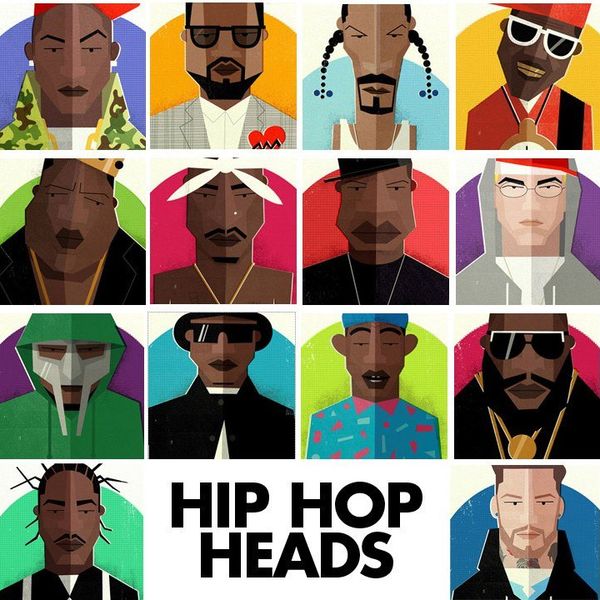Listening and bobbing along to B.I.G.'s 1994 album, I made my way to class with a swagger in my step. The infectious beats and twisting lyrics provided me confidence to last me the rest of the day. Music, usually hip-hop, has always comforted me and filled me with motivation whenever I found myself in tough times, but I often find myself at odds with it and end up lamenting the misogyny woven through its lyrics.
Born on streets of the Bronx, hip-hop rhymed its way into the mainstream music scene in the early 1970s and has since dominated mainstream music. The legend goes that on one fateful summer night in August, Clive Campbell, also known as DJ Kool Herc, and his sister threw a block party at 1520 Sedgwick Avenue. Something magical happened in that rec room that night that changed music history forever.
Since then, artists such as DJ Kool Herc, Kurtis Blow, Sha Rock and Afrika Bambaatta were considered key players in the foundation of hip-hop. At its inception, hip-hop was mainly comprised of breaks and sampling, but it slowly added elements of African, soul and disco music. Something that originally started as a means of escape became more political.
The hip-hop genre has been viewed problematic because it always treads that fine line between militant/political and vulgar. Artists like N.W.A, Wu-tang Clan, DMX, and Public Enemy reflected the violent lifestyle of inner-city youths through their music, but, unfortunately, their songs were received a bad rap. For example, N.W.A.'s album "Straight Outta Compton" sparked much controversy because of its alleged resentment towards the police. Despite the controversy, political rap/gangsta rap has come to stay and has influenced future generations of rap artists.
Although I'm all in favor of hip-hop that makes a statement about current political and social issues, rap music is also laden with misogyny. The frequent use of derogatory terms, depictions of violence and objectification of female bodies in rap songs has slowly pushed me away from the genre. I cringe whenever I hear words like: "I know I should leave you / And learn to mistreat you / Cause you belong to the world."
Not only are the violent depictions of women problematic, but also the objectification of their bodies. The industry along with the media has thrived on diminishing female voice through objectification and more so in the hip-hop industry. They categorize women and present them as either overtly and commanding sexual women, or the complete opposite. Why can't there be a woman who owns her sexuality and is comfortable with it, but doesn't feel the need to be nearly nude in most of her videos (the only artists that I can think of are Missy Elliot and Salt-n-Peppa)? Even though I feel that hip-hop artists are slowly inching in that direction, I just hope that this change occurs at a faster pace.





















